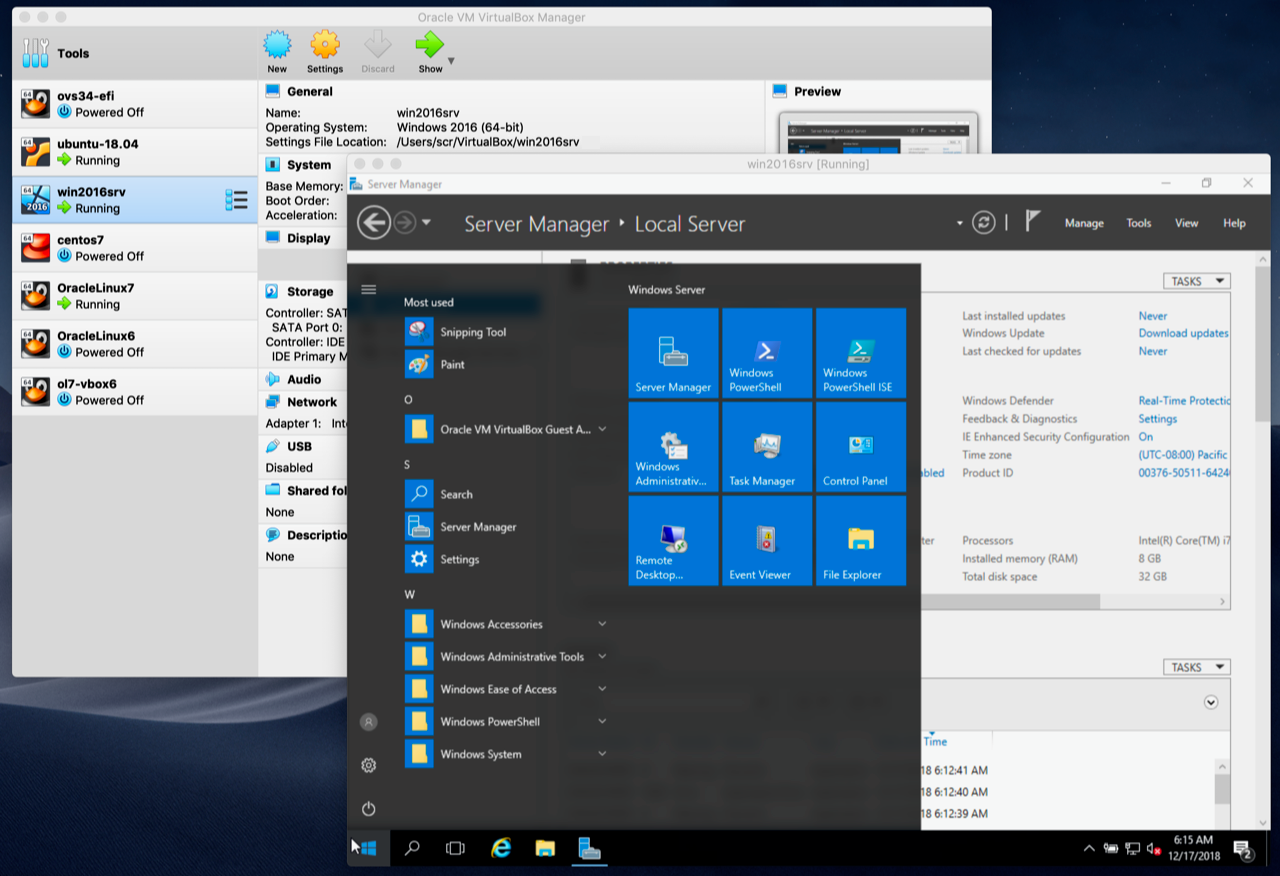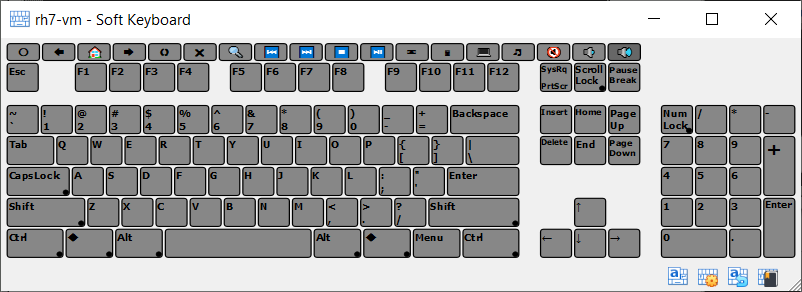
- #How to log into windows vm on mac control alt delete how to
- #How to log into windows vm on mac control alt delete mac os

#How to log into windows vm on mac control alt delete how to
However, as mentioned before, there is no control alt Del on mac, there is, however, cmd+option+esc, read the steps down below to understand how to use this shortcut. Whenever you encounter a rogue app on Windows which is causing havoc, you simply type control+alt+delete and shut it down. Problems with Network and Accessibility options: If you want to change your Accessibility configuration, go to System Preferences, the same goes for Network options, you will find both under System Preferences, no keyboard shortcut.Mac users will find most of these options in the Apple Menu on the top left corner. Problems with your Account or Power Configuration: Windows users have quick access to their account and power configuration via the control+alt+del shortcut.Frozen Apps: If the app you are currently working on is not responding anymore and it is causing your computer to malfunction, you can close it quickly by tapping into the Force Quit App.You will see all the running processes and monitoring the CPU load. Slowish Behavior: If you notice your computer is not working as fast as it should, then you may want to access the Activity Monitor and see what is happening.The below is a list of all the situations that might require you to control alt del on mac and see what is happening under the hood. On the one hand, you have the For Quit App, and on the other the actual Activity Monitor.
#How to log into windows vm on mac control alt delete mac os
But what about Mac users? When can you know the time has come to open activity monitor mac? Well, on Windows the Task Manager has a complete set of options, for reasons unknown, on Mac OS the Activity Monitor and other features have been separated. They quickly became accustomed to the multiple options they have access to by simply stroking a few keys together.Īll of this goes to show you that users of that particular OS know exactly when it is time to use the Task Manager. Practically since the first Windows operating system came out, users became familiar with the Task Manager. One common situation all Mac users believe is that just because they are working on a brand new iMac or MacBook, it will never fail them in the same way a Windows computer tends to do when there are too many processes running at the same time. To gain access to the Mac Activity Monitor shortcut, and be able to see all the currently running processes, the easiest way to go about it is through Spotlight, the command for that is Cmd+Space, type-in "Activity Monitor" and then hit Return to launch it.

However, this window does not give you access to the Activity Monitor. This option is the equivalent of the "End Process" of the Windows Task Manager. But if the program is frozen and not responding, then you need to use the Cmd+Option+Esc command, and the Force Quit Applications window pops-up.

If you want to quit an app, then the simple Cmd+Q should be enough. Now, on Mac, there is not a keyboard combination containing all of these options under one place.Īctually, there are multiple combinations to access different quick menus for all sorts of purposes which you will find all about it down below, and you'll finally learn what is control alt delete on a mac.īelieve it or not, dealing with a frozen app and opening the activity monitor mac are two different sets of commands displaying two very different pop-up windows. Additionally, at the bottom-right corner of the screen three useful shortcuts pop-up, Network Settings, Ease of Access Utilities, and Power Options. What Is Control Alt Delete on a Mac?Īs previously stated, using the command ctrl+alt+del opens up a menu containing the following options Lock, Switch User, Sing Out, and the famous Task Manager.


 0 kommentar(er)
0 kommentar(er)
